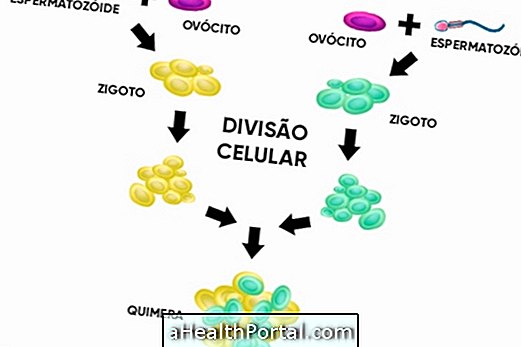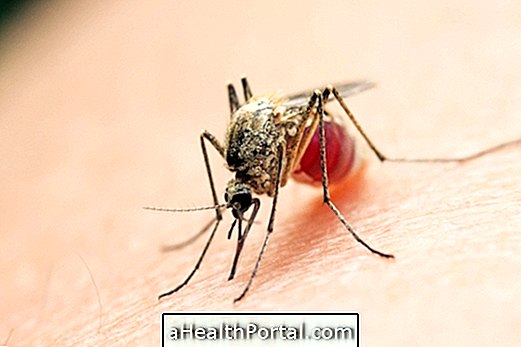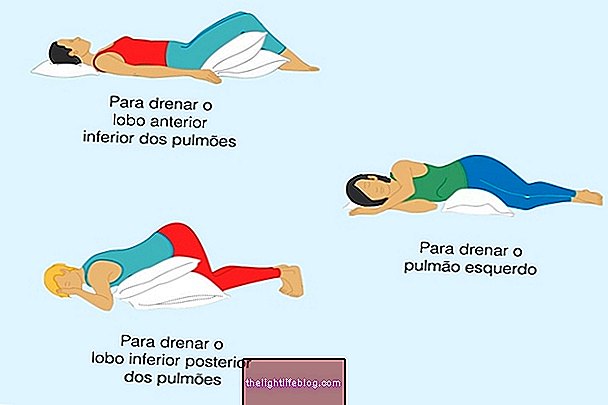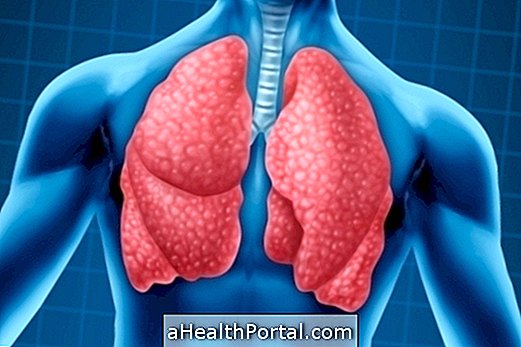Symptoms caused by amyloidosis vary depending on the site of the disease, which can cause heart palpitations, difficulty breathing and thickening of the tongue, depending on the type of disease that the person has.
Amyloidosis is a rare disease in which small deposits of amyloid proteins occur that are rigid fibers in different organs and tissues of the body preventing their proper functioning. This inadequate deposition of amyloid proteins can occur, for example, in the heart, liver, kidneys, tendons and the nervous system. See how to treat this disease by clicking here.
The main types of amyloidosis are:
AL or Primary Amyloidosis
It is the most common form of the disease and mainly causes changes in blood cells. With the progression of the disease, other organs become affected, such as kidneys, heart, liver, spleen, nerves, intestines, skin, tongue and blood vessels.
The symptoms caused by this type of disease depend on the severity of the amyloid, with no symptoms or the presence of signs linked only to the heart, such as swollen abdomen, shortness of breath, weight loss and fainting. See other symptoms here.
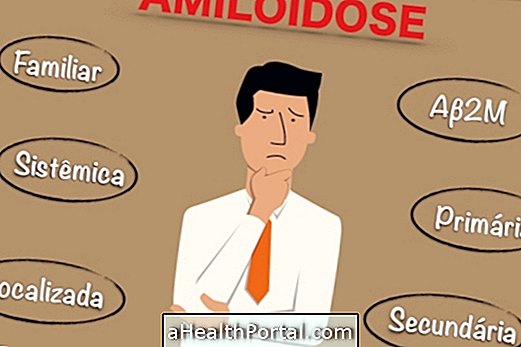
AA or Secondary Amyloidosis
This type of disease arises due to the presence of chronic diseases or due to prolonged periods of inflammation or infection in the body, usually greater than 6 months, as in cases of rheumatoid arthritis, familial Mediterranean fever, osteomyelitis, tuberculosis, lupus or inflammatory bowel disease.
Amyloids begin to settle in the kidneys, but they can also affect the liver, spleen, lymph nodes and intestines, and the most common symptoms are the presence of protein in the urine, which can lead to kidney failure and consequent decrease in the production of urine and body swelling.
Hereditary Amyloidosis or AF
Familial amyloidosis, also called hereditary, is a form of the disease caused by a change in the baby's DNA during pregnancy or that was inherited from the parents.
This type of disease mainly affects the nervous system and heart, and symptoms usually start at age 50 or during old age, and there may also be cases where symptoms never appear and the disease does not affect patients' lives.
However, when symptoms are present the main features are loss of hand sensitivity, diarrhea, difficulty walking, heart and kidney problems, but when present in the most severe forms, this disease can cause the death of children between 7 and 10 years.
Senile Systemic Amyloidosis
This type of disease occurs in the elderly and usually causes heart problems such as heart failure, palpitations, easy tiredness, swelling in the legs and ankles, shortness of breath and excessive urination.
However, the disease also appears mildly and does not cause damage to the functioning of the heart.
Kidney related amyloidosis
This type of amyloidosis occurs in patients who have kidney failure and have been on hemodialysis for many years because the dialysis machine's filter can not eliminate beta-2 microglobulin protein from the body, which eventually accumulates in the joints and tendons.
Thus, the symptoms caused are pain, stiffness, accumulation of fluid in the joints and carpal tunnel syndrome, which causes tingling and swelling in the fingers. Here's how to treat Carpal Tunnel Syndrome.
Localized Amyloidosis
It is when amyloid accumulates in only one region or organ of the body, causing tumors mainly in the bladder and respiratory tract, such as the lungs and bronchi.
In addition, tumors caused by this disease can also accumulate in the skin, intestine, eye, sinus, throat and tongue, being more common to occur in cases of type 2 diabetes, thyroid cancer and after 80 years of age.


